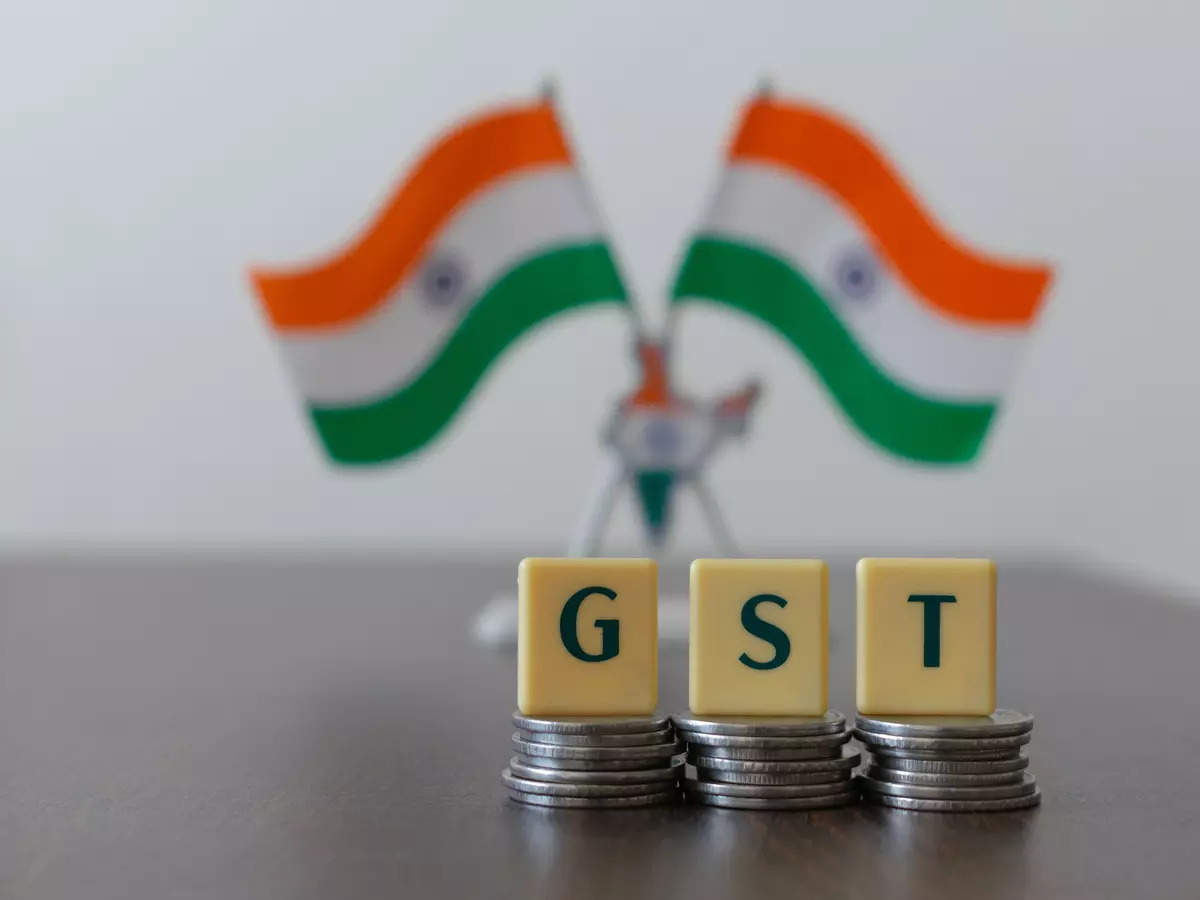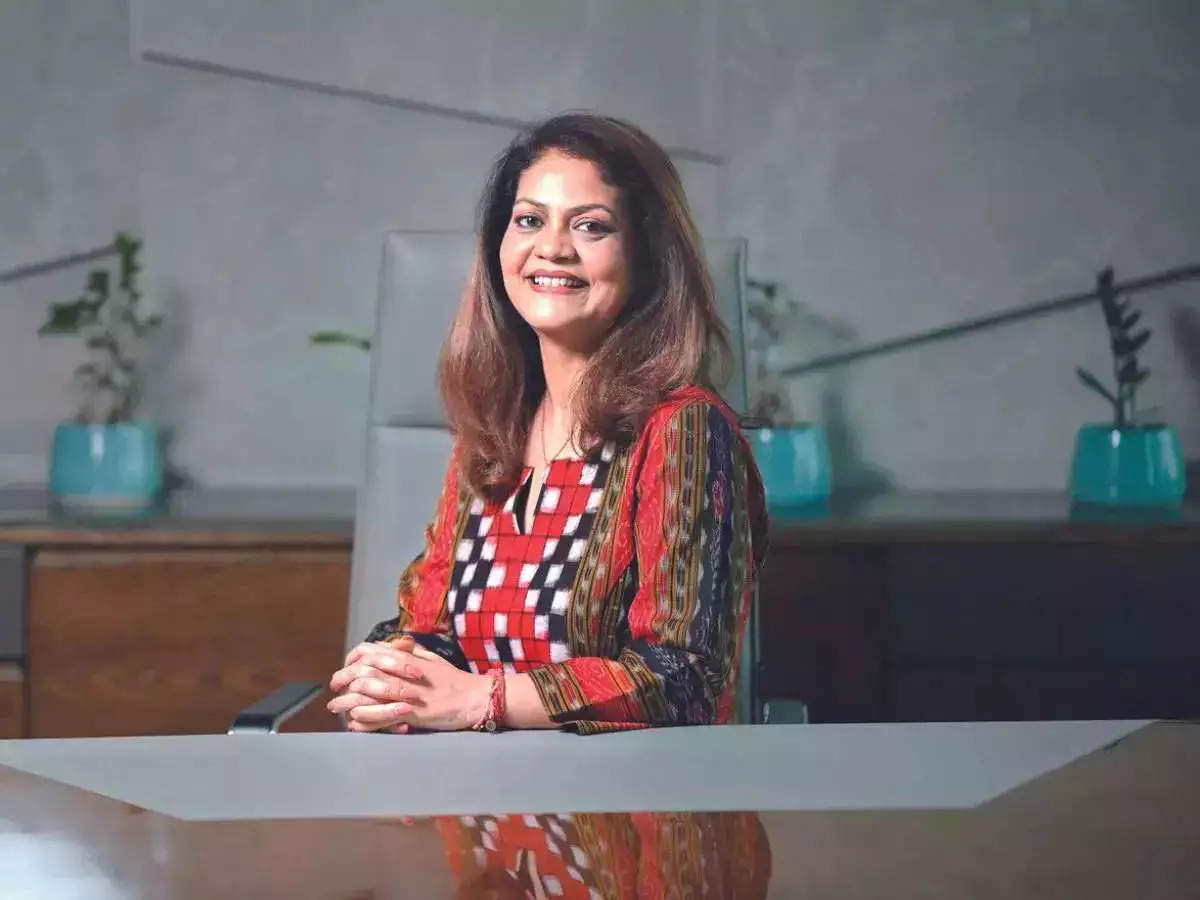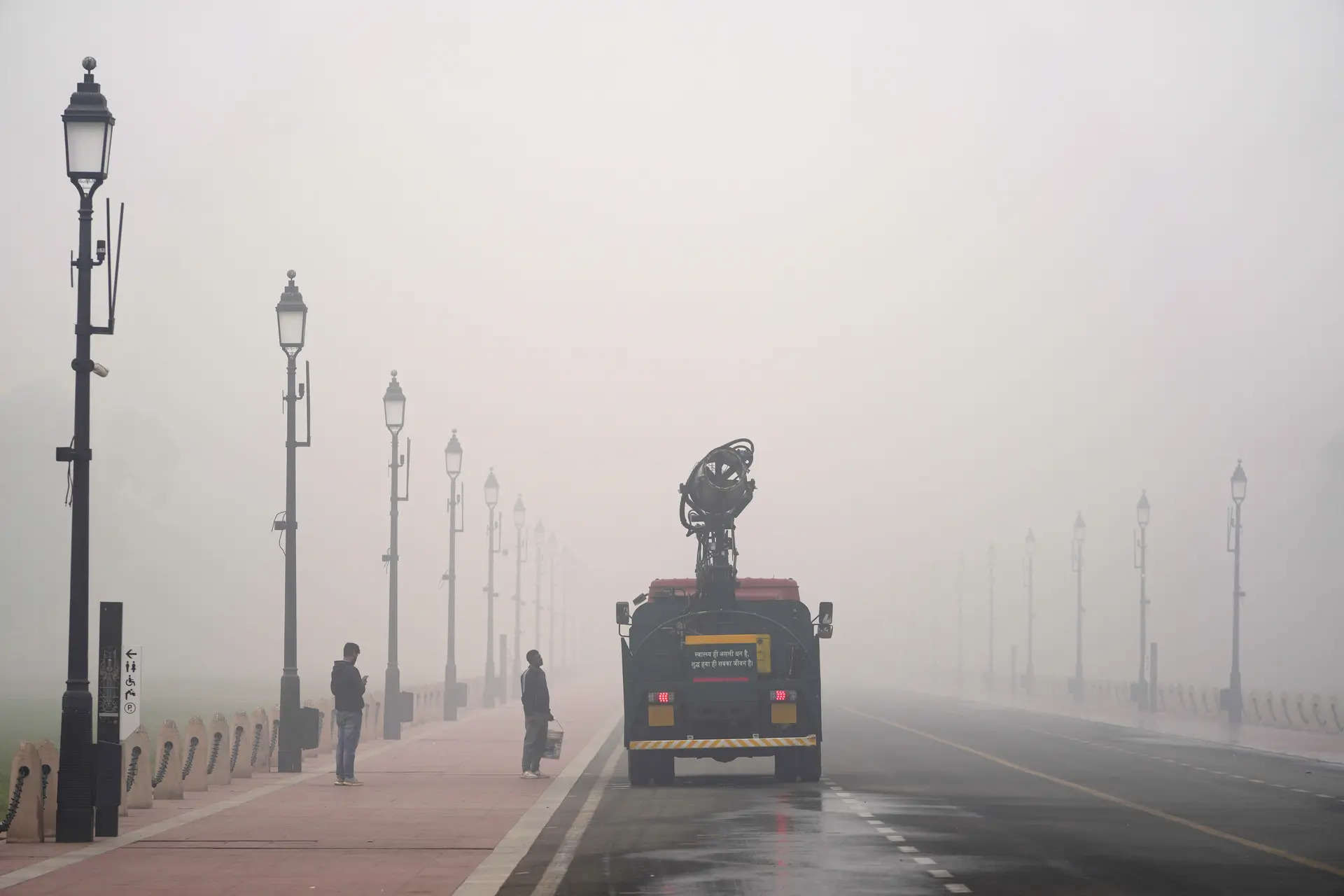
MENTAL health means different things to different generations, a health expert said Tuesday.
In The Manila Times News Forum, Karen Ibañez, Mental Health Support Solutions (MHSS) clinical psychologist and assistant professor at the University of Makati, emphasized how different generations view mental health, pointing out that younger people tend to understand and accept mental health issues more readily, while older people often struggle to recognize and accept that the problems exist.
"For Gen Z, they have to prioritize mental health; it is non-negotiable for them. However, for the older generation, for boomers, they have to be gritty despite any problems," Ibañez said.
According to Statista, mental health has traditionally been a delicate subject in a predominantly Catholic country like the Philippines, as conditions like depression and anxiety are sometimes viewed as signs of weak faith.
However, this viewpoint is being increasingly questioned, particularly as younger Filipinos become more willing to talk about their frustrations, burnout and hopelessness, said Statista.
Ibañez affirmed that since the pandemic, mental health issues have become more prevalent given the situation where no one was able to leave their home. Over the years, mental health has become a more openly discussed topic.
She also addressed the common misconception that mental health is solely about illness or stress. Ibañez emphasized that mental health encompasses the state of mind, coping mechanisms, daily functioning and overall societal contribution.
Ibañez pointed out that while many become licensed psychologists, only a few practices, contributing to a shortage of qualified professionals who can treat mental health problems.
According to the Lancet, in the Philippines, the prevalence of mental disorders ranges from 11.3 percent to 11.6 percent, with an average annual increase of 2.0 percent. The number of Filipinos diagnosed with a mental disorder rose from 7 million in 1990 to 12.5 million in 2019.
The first mental health legislation in the Philippines was officially signed into law and enacted as Republic Act 11036 on June 21, 2018, aimed at improving the delivery of integrated mental health services, promoting and safeguarding the rights of individuals using psychosocial health services, allocating necessary funds, and addressing other related purposes.
Read The Rest at :











